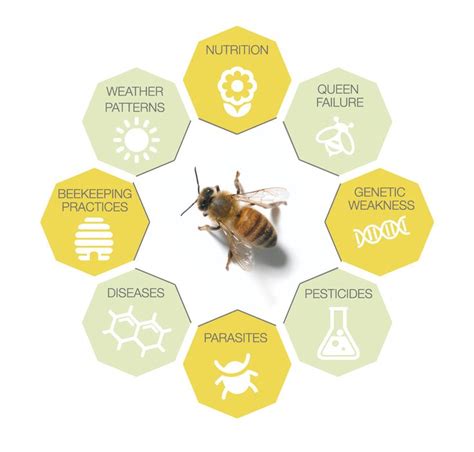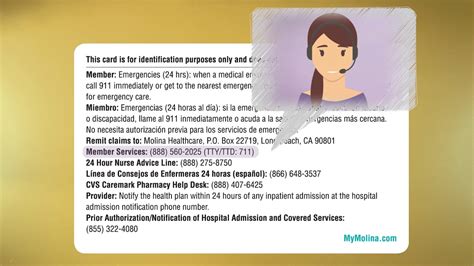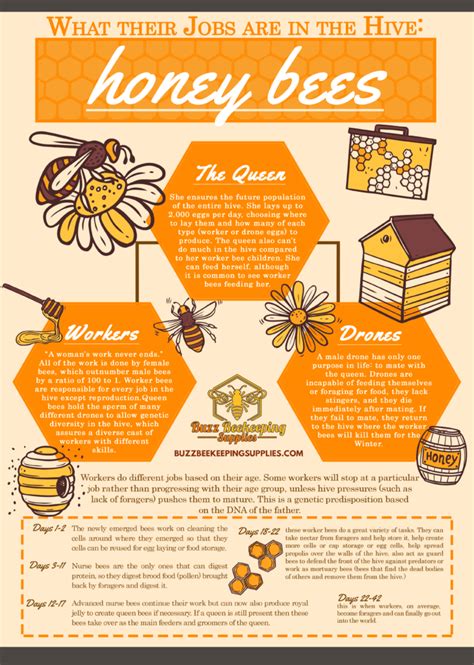Honeybee Health

The Importance of Honeybee Health

Honeybees are some of the most vital insects on the planet, playing a crucial role in pollinating plants and maintaining the health of ecosystems. However, honeybee populations have been declining at an alarming rate in recent years, threatening the stability of food production and the environment. In this article, we will explore the importance of honeybee health, the factors contributing to their decline, and the steps that can be taken to protect these vital pollinators.
Why Are Honeybees Important?

Honeybees are responsible for pollinating around 1⁄3 of the world’s crops, including fruits, vegetables, and nuts. Without honeybees, many of our favorite foods would disappear, and the global food supply would be severely impacted. In addition to their role in food production, honeybees also pollinate flowers and other plants, maintaining the health and diversity of ecosystems.
Factors Contributing to Honeybee Decline

There are several factors contributing to the decline of honeybee populations, including:
- Pesticide use: The widespread use of pesticides has been linked to honeybee decline, as these chemicals can be toxic to bees and contaminate their food sources.
- Habitat loss: The destruction of natural habitats has reduced the availability of food and shelter for honeybees, making it harder for them to survive.
- Climate change: Changes in temperature and weather patterns have disrupted the delicate timing of plant-bee interactions, making it harder for honeybees to find the resources they need.
- Varroa mite infestations: The varroa mite is a parasite that infests honeybee colonies, weakening the bees and making them more susceptible to disease and pesticides.
- Diseases: Honeybees are susceptible to a range of diseases, including American foulbrood and nosema, which can decimate entire colonies.
Protecting Honeybee Health

There are several steps that can be taken to protect honeybee health, including:
- Plant bee-friendly flowers: Planting flowers that are rich in nectar and pollen, such as sunflowers and lavender, can provide honeybees with the resources they need to thrive.
- Reduce pesticide use: Reducing or eliminating the use of pesticides can help to protect honeybees from the toxic effects of these chemicals.
- Create bee habitats: Creating habitats that provide shelter and food for honeybees, such as bee hotels and bee gardens, can help to support local populations.
- Support local beekeepers: Supporting local beekeepers by buying their honey and other bee products can help to promote the health and sustainability of local bee populations.
- Monitor and control varroa mite infestations: Regularly monitoring for varroa mites and taking steps to control infestations can help to protect honeybee colonies from the negative impacts of these parasites.
🐝 Note: If you are a beekeeper, it is essential to monitor your colonies regularly for signs of disease and pests, and to take action quickly if you notice any problems.
Honeybee Health and Human Health

The health of honeybees is closely linked to human health, as many of the same factors that affect honeybee populations also impact human health. For example, the use of pesticides has been linked to a range of human health problems, including cancer and neurological disorders. By protecting honeybee health, we can also help to protect human health.
What You Can Do to Help

There are many ways that you can help to protect honeybee health, including:
- Plant bee-friendly flowers: Planting flowers that are rich in nectar and pollen can provide honeybees with the resources they need to thrive.
- Support local beekeepers: Supporting local beekeepers by buying their honey and other bee products can help to promote the health and sustainability of local bee populations.
- Reduce pesticide use: Reducing or eliminating the use of pesticides can help to protect honeybees from the toxic effects of these chemicals.
- Create bee habitats: Creating habitats that provide shelter and food for honeybees can help to support local populations.
- Spread awareness: Spreading awareness about the importance of honeybee health and the factors that affect it can help to inspire others to take action.
🐝 Note: Every small action can help to make a difference for honeybee health. By working together, we can help to protect these vital pollinators and promote a healthier environment.
What is the main reason for the decline of honeybee populations?

+
The main reason for the decline of honeybee populations is the combination of factors, including pesticide use, habitat loss, climate change, varroa mite infestations, and diseases.
How can I help to protect honeybee health?

+
You can help to protect honeybee health by planting bee-friendly flowers, reducing pesticide use, creating bee habitats, supporting local beekeepers, and spreading awareness about the importance of honeybee health.
What is the impact of honeybee decline on human health?

+
The decline of honeybee populations can have a significant impact on human health, as many of the same factors that affect honeybee populations also impact human health, including the use of pesticides, which has been linked to a range of human health problems.
In conclusion, the health of honeybees is a critical issue that requires our attention and action. By understanding the factors that affect honeybee populations and taking steps to protect these vital pollinators, we can help to promote a healthier environment and ensure the long-term sustainability of our food supply.
Related Terms:
- honeybee health telepon
- honeybee health jam buka
- Honeybee Health reviews
- Honeybee Health phone number
- Honeybee Health abortion pill
- Honeybee Health Pharmacy address



